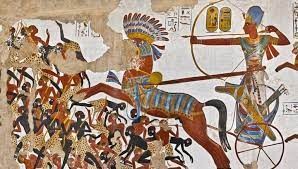-
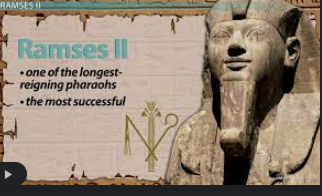
Give three reasons from the text why some historians give Ramesses the title of ‘the Great’?
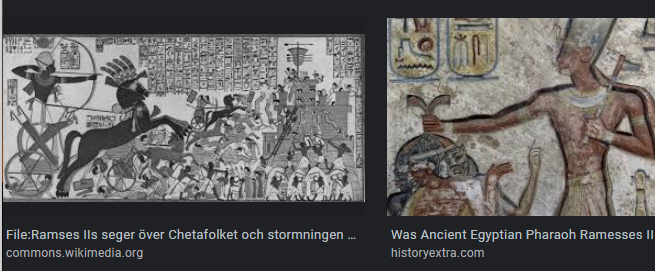
They give him the title of ‘the Great’ because he built many temples, conquered other lands and ruled his country for sixty-seven years.
-
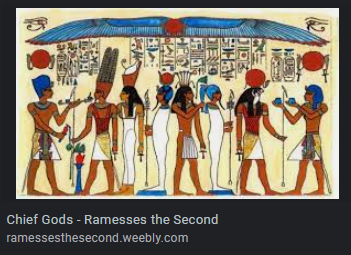
Why would Ramesses II want to make people believe that he was important?
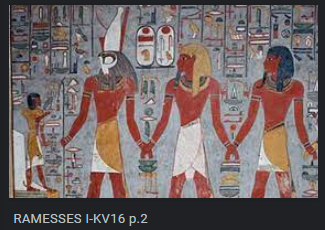
He knew that people would follow him easily when they looked up to him. Because of this, he wanted the Egyptians to believe that he was as powerful as a god.
-
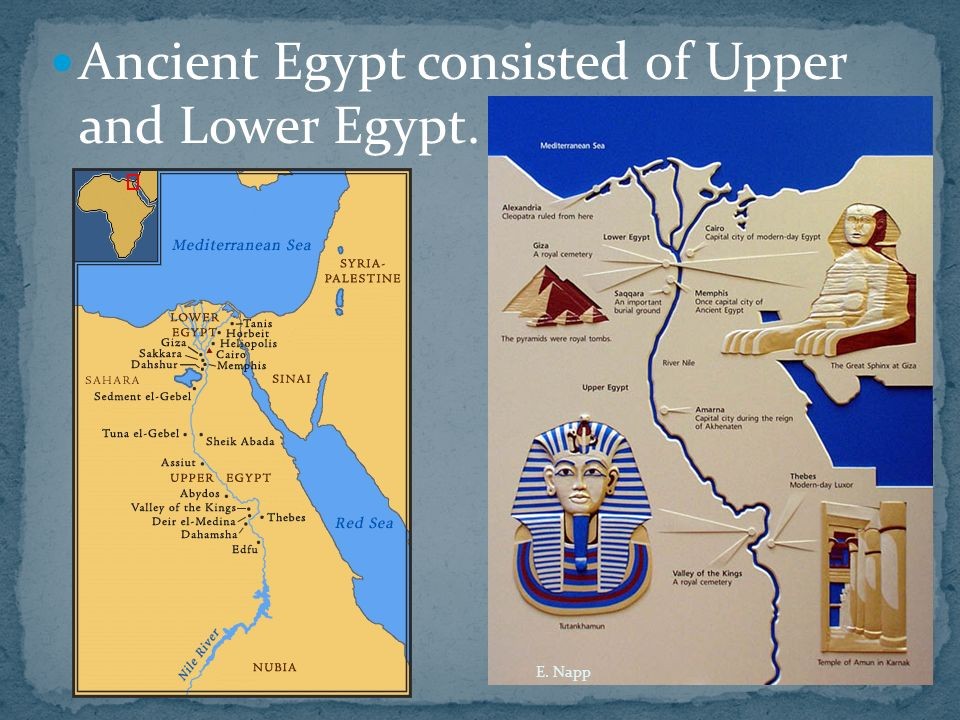
Explain the difference in landscape between Upper Egypt and Lower Egypt.
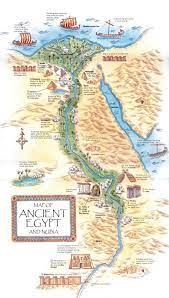
Upper Egypt lies in a mountain area so it is higher. Lower Egypt is the part of Egypt where the river runs into the sea as a delta. These areas are (just like in the Netherlands) mostly low and swampy areas.
-
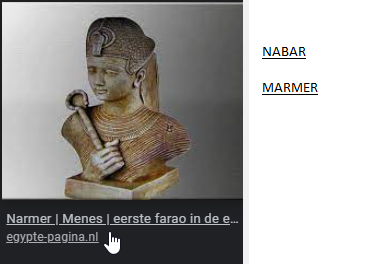
Who was the first pharaoh of Egypt?
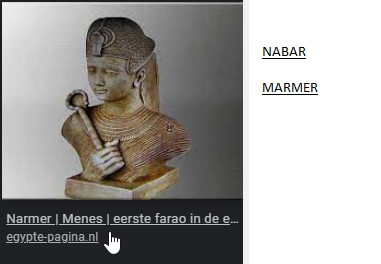
Narmer.
-
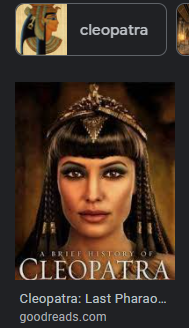
Look at Timeline chapter 2: Early civilisations (Theory A) and write down the name of the last pharaoh of Egypt.
Pharaoh Cleopatra VII.
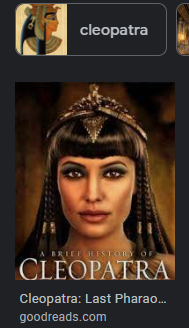
the last pharaoh of Egypt.
Pharaoh Cleopatra VII.
-

Calculate how many years there are between these pharaohs.
3070 years
-

How many dynasties were there between them?

Thirty dynasties.
-

How many pharaohs ruled Egypt?

One hundred and seventy pharaohs.
-
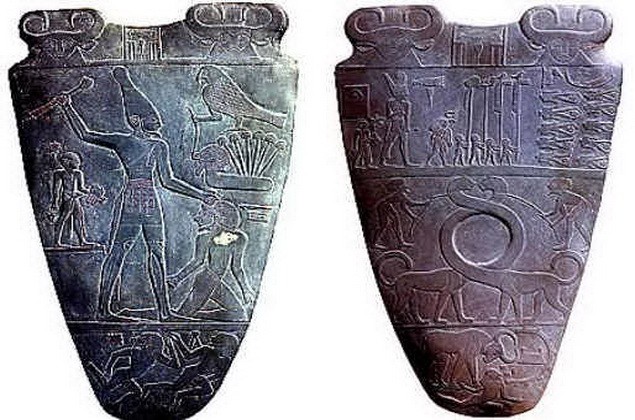
Study source 2.16 in A united kingdom (Theory C) and explain why this palette is a symbol of the power of the pharaoh.
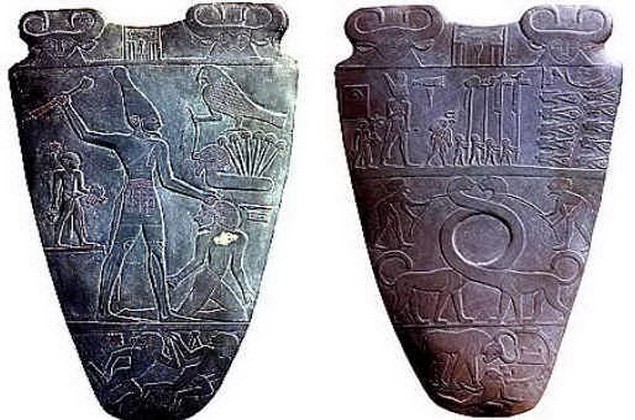
The palette is a symbol of power because it shows how the pharaoh defeats his enemies.
-
A historian says: ‘Egyptians, in the time of Ramesses II, looked at the pyramids and found them very old buildings.’ Explain what the historian means. Discuss your idea with your neighbour before you write it down.
The historian means that Egypt stayed a powerful civilisation for three thousand years; so during the time of Ramesses II, the pyramids were already around 1,200 years old.
-
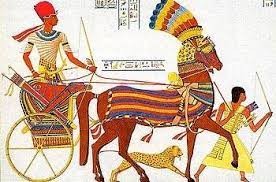
Write down three tasks of a pharaoh.
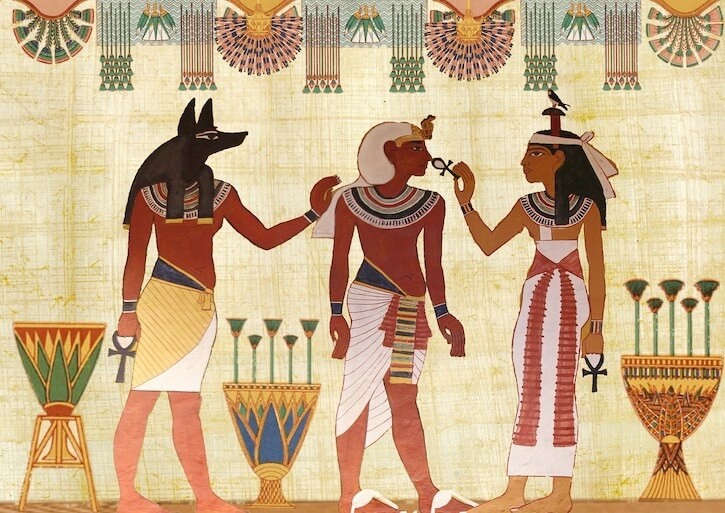
The pharaoh had to look after the irrigation systems; he had to protect his people from poverty; he had to lead his army during a war and had to please the gods.
-
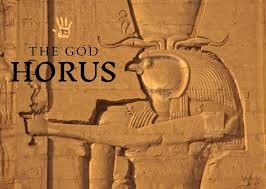
Look at source 2.17. Which task of the pharaoh do you see on this source? Explain your answer.
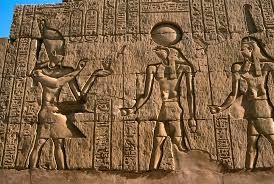
The source shows how the pharaoh brought offerings to the god Horus. This represented the task of pleasing the gods.
-
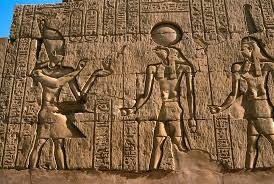
Pharaoh
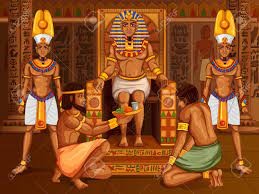
rules alone
living god
powerfull
-
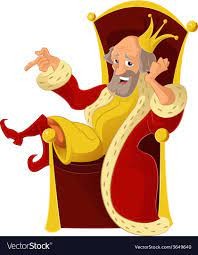
King
government
ordinary man
less power
-
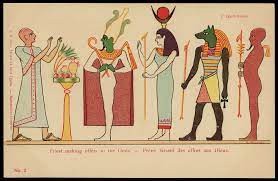
priest
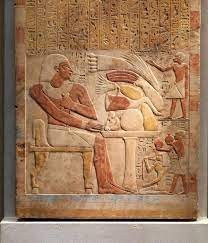
‘I bring people’s offerings to the gods.’
-
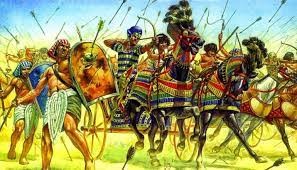
general
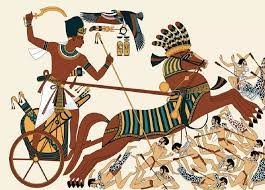
‘I help the pharaoh to lead the army.’
general
-
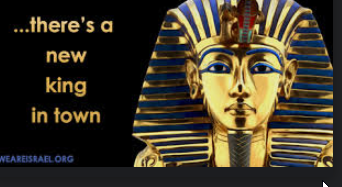
pharaoh
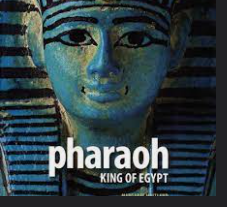
‘I am the king of Egypt.’
-
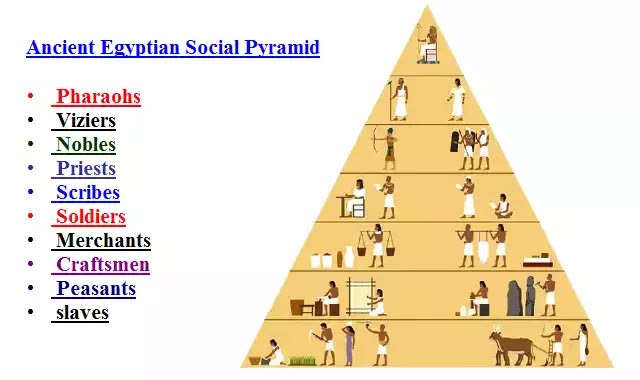
‘I write down laws.’
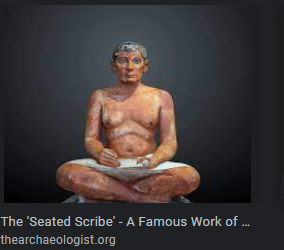
low civil servant
-

‘I make things with my hands.’
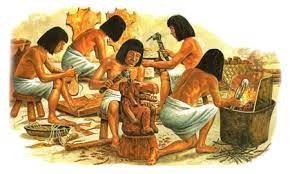
craftsman
-
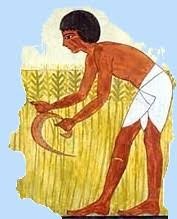
‘I have to work the fields.’
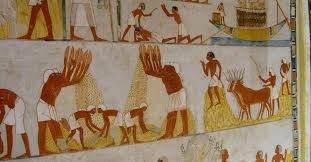
farmer
-
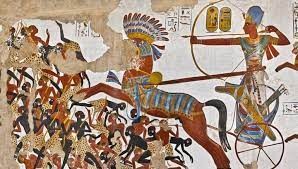
In this exercise you will practise Skill 4: Comparing historical situations. Explain, by giving three examples from the text, how Egypt could get rich.
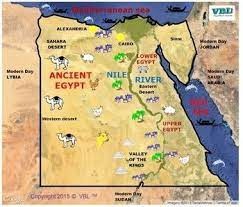
The Egyptians took the gold from the countries they conquered, these lands also had to pay taxes and the Egyptians sold the natural resources.
-
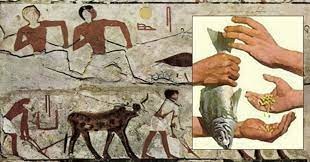
Think up a reason why a pharaoh would fight a war over natural resources. Discuss your answer with your neighbour.
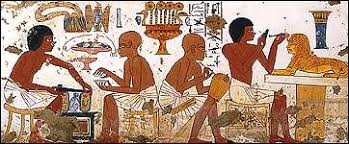
Natural resources could be used to make other products or they could be traded with other countries. This brought wealth to Egypt.
-

Discuss with your partner: are natural resources like gas, oil, water, etc. still important today? Give your opinion and use at least one argument in your answer.

natural resources are still very important today. They give countries much wealth and/or power. Modern wars have been fought over resources such as oil, gas and water.
-
Explain why the words that you chose did not fit in with the other words.
,
In 1 you chose ‘work the land’, because the other options are about tasks of the pharaoh and this king did not have to work the land.
In 2 you chose ‘Hatshepsut’, because she is the only queen in this list of kings.
In 3 you chose ‘farmer,’ because the others share the third layer in the social pyramid of Egypt.
-
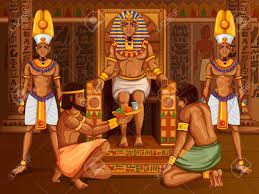
The pharaoh was seen as a god and the Egyptians believed that he could speak to the gods. Discuss this with three classmates and give a reason why it was positive for him. Also give a reason why this was negative for the pharaoh.
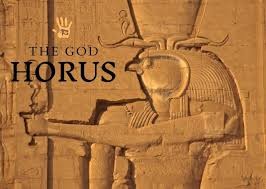
it was positive because it gave the pharaoh the power to make people believe he knew what the gods wanted. He could use this power to make people do what he wanted.
It was negative, because the pharaoh had to use his power to make sure that the Nile overflowed. If this did not happen, the pharaoh was responsible and blamed.
